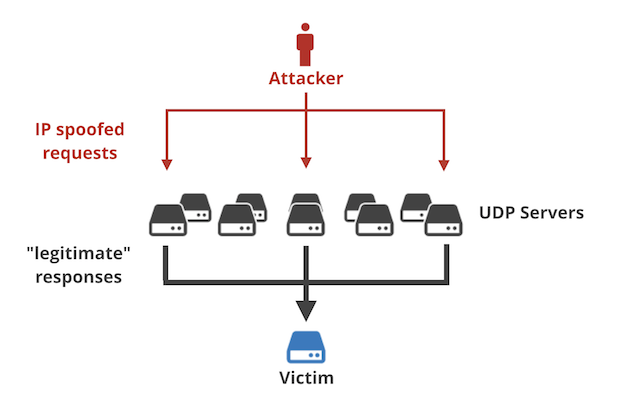Hackers have found a way to amplify distributed denial-of-service attacks by an unprecedented 51,000 times their original strength in a development that whitehats say could lead to new record-setting assaults that take out websites and Internet infrastructure.
DDoS vandals have long intensified their attacks by sending a small number of specially designed data packets to publicly available services. The services then unwittingly respond by sending a much larger number of unwanted packets to a target. The best known vectors for these DDoS amplification attacks are poorly secured domain name system resolution servers, which magnify volumes by as much as 50 fold, and network time protocol, which increases volumes by about 58 times.

(credit: Cloudflare)
On Tuesday, researchers reported attackers are abusing a previously obscure method that delivers attacks 51,000 times their original size, making it by far the biggest amplification method ever used in the wild. The vector this time is memcached, a database caching system for speeding up websites and networks. Over the past week, attackers have started abusing it to deliver DDoSes with volumes of 500 gigabits per second and bigger, DDoS mitigation service Arbor Networks reported in a blog post.
No comments:
Post a Comment